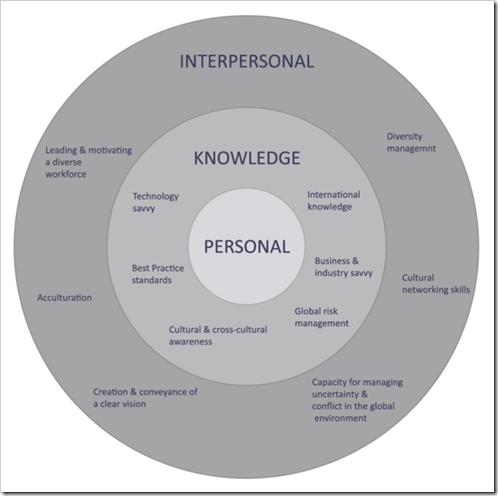Who’s the Boss?
In my work experience I have only had one
male manager and I have to say he was the best. I find that through each women
manager I have found that things aren’t as clear and work doesn’t get done as quickly
or as efficiently. There are also downsides to every manager but in my opinion
and experience men run a tighter ship.
I do believe it also depends on your own personality
and the way you want to be treated and talk to at work. Personally, I like for
my manager to be straight up with me and tell me exactly what they need me to
get done and how they want me to do it. I don’t like when managers leave a grey
area or leave me with needing to ask a lot of questions. But not all people are
like that. In retail, which is where most of my work experience comes from, there
is a majority of girls working. Most of which are sensitive and take everything
to heart. For those kinds of girls they do prefer a women manager so I guess
you could say I’m one of the few.
Everyone has a different experience and
everyone has their own personality it comes down to the way you want to be
treated and the kind of workplace you want to surround yourself in. I don’t believe
its really a matter or men vs. women in the workplace but more of what kind of
personality do you have.









